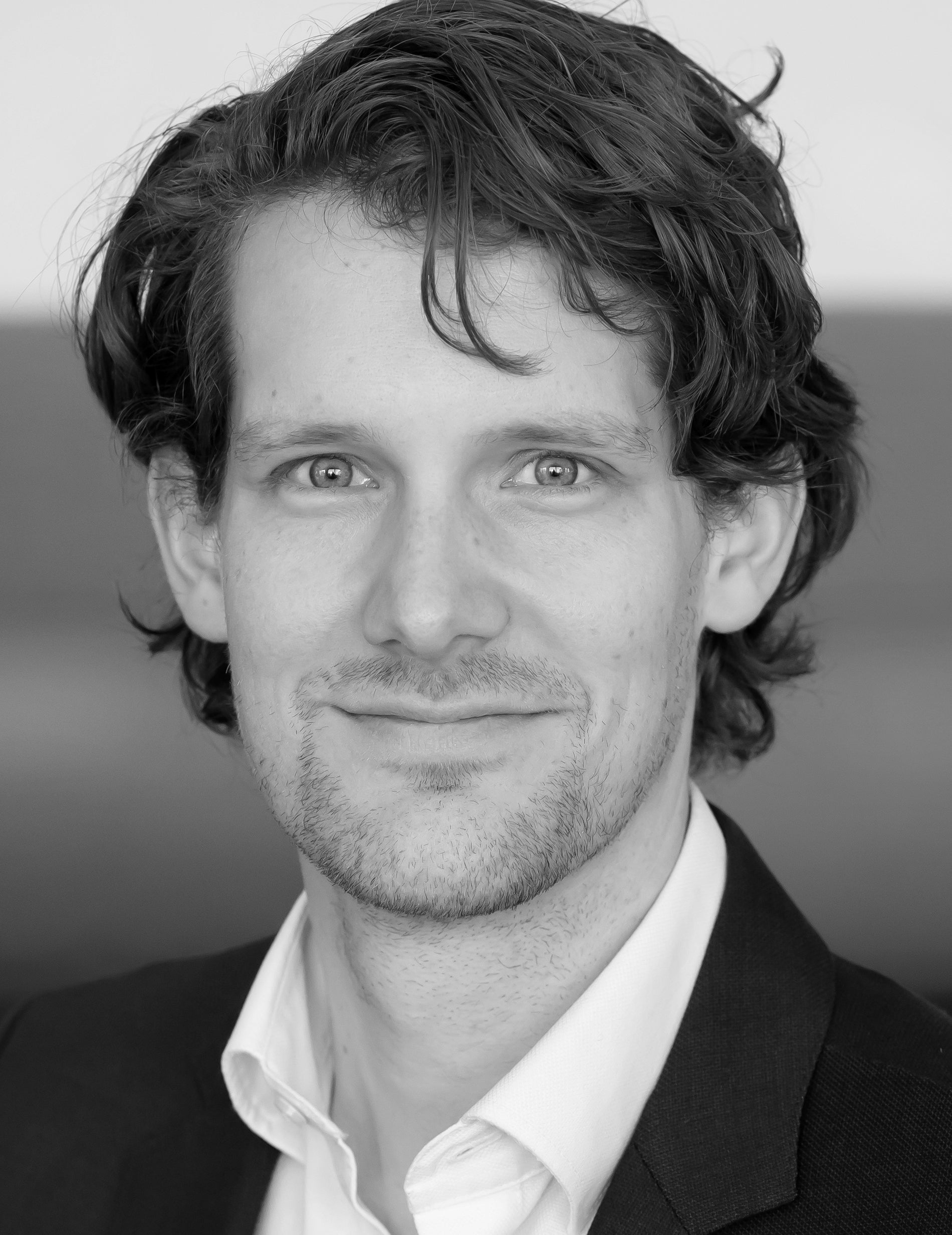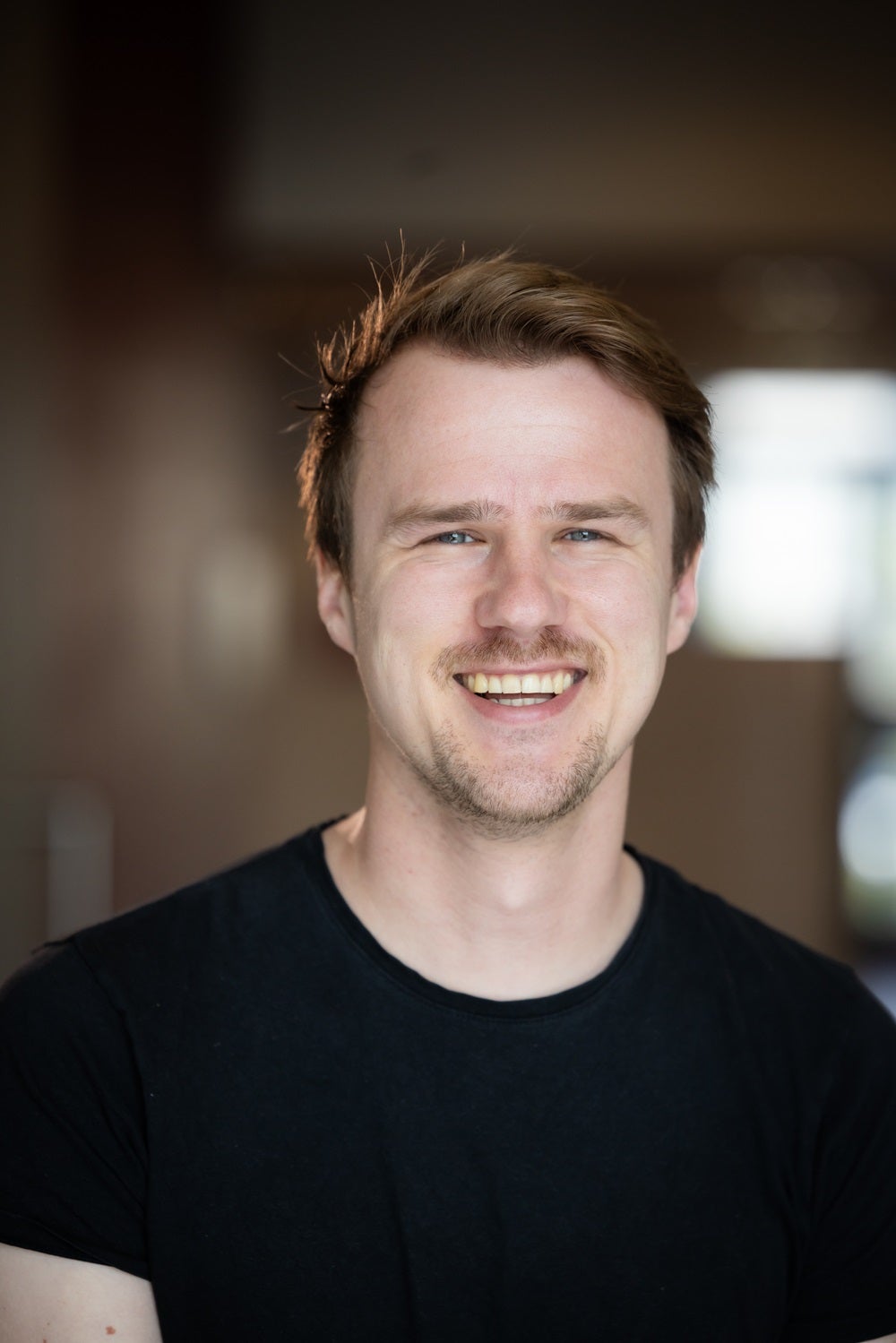As we gathered in the cozy VU ART SCIENCE gallery one September afternoon, I suddenly realized the power of art to connect people in a unique way, fostering connections through creativity and inspiration.
The conversation involved three individuals: Constant Dullaart, artist and professor at the Academy of Fine Arts Nuremberg; Jean-Sébastien Caux, professor in theoretical condensed matter physics at the University of Amsterdam; and Philipp Koellinger, professor in social science genetics at Vrije Universiteit Amsterdam. The topic of discussion revolved around governance and control, particularly focusing on the power and influence of the platforms we use.
Three alternative platforms
First, creatingthecommons.nl, one of the art objects showcased in the gallery, appears on the screen. “What are we looking at?” asked Iris van der Werff, moderator of the ART SCIENCE dialogue and program assistant Open Science at the University Library of Vrije Universiteit Amsterdam.
"It's one of the pages we created in our basic online presentation platform that always offers customized solutions. We aim to provide an alternative to large platforms and run the platform with ideologically, refraining from selling any data, for instance," explained Dullaart.
The next question was directed at Caux: which platform was he trying to replace with SciPost? His answer was modest: "We aim to replace the entire publishing industry with a fully open, non-profit solution."
Koellinger is also working on a platform to transform the way research results are published. His DeSci Labs was intended to leverage new technology to move beyond PDFs and grant control over persistent identifiers to content creators.
Validation
The participants in the dialogue attempted to define the issues with large platforms. For social media, they came to the conclusion that the problem lies in the validation through quantification provided by the platform. For instance, the number of likes a piece of content receives can determine whether the creator continues with the content. Caux drew a parallel, noting that scientific careers might also be driven by dopamine, which is the outcome of metrication in science. SciPost aims to alter how the quality of scientific research is evaluated.
Koellinger viewed these concerns from a different perspective: the publishing industry does not incentivize good research practices. Prominent journals publish papers that cannot be replicated, and there is no room to address issues with these papers later on as since journals are uninterested in undermining their own reputation.
Solutions
When exploring potential solutions to mentioned problems, it became clear that unlike in exact sciences, finding a perfect solution is only part of the equation. Technology exists to address many of the challenges we face, but these solutions are blocked by existing governance structures. People's problems cannot be solved by technology alone.
Towards the end of the conversation, the audience posed thought-provoking questions. One question directed at Dullaart was about his nostalgia for the early days of the internet. While he acknowledged his nostalgia, Dullaart mentioned feeling empowered by new methods of content creation. For instance, it's now possible to closely collaborate with someone for years without ever meeting them in person.
Personal reflection
What did attending the dialogue give me? I didn’t leave equipped with new practical skills, however, I left the exhibition space with excitement about the future of science, future of platforms and deep reflections on what motivates us to create and share content and what constitutes validation for me. In how far is the quality of our work affected by technology, by the platform we choose to share it?
Coming up
Do you feel curious? Ready for some creativity and inspiration?
We have more dialogues coming up. Don’t miss the opportunity to take part in these unique events:
- Thursday, October 12, 10 AM - 12 PM | ART SCIENCE dialogue with Semiconductor & CoDa
- Tuesday, October 17, 4 - 6 PM | Pulp Workshop by Sunflower Soup
- Tuesday, October 31, 4-6 PM | ART SCIENCE dialogue with Sunflower Soup & Hans Berends (CaRe&DaRe)

